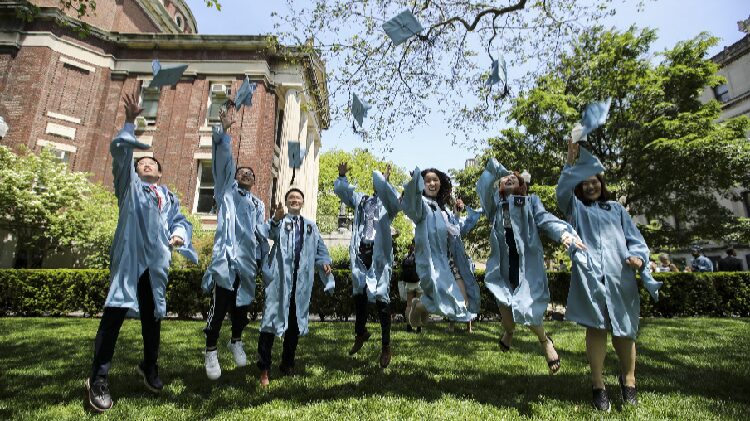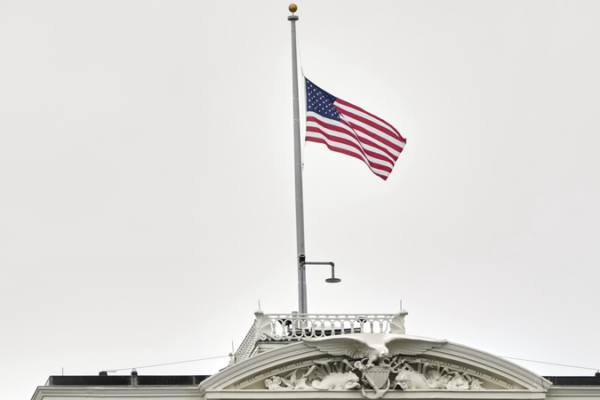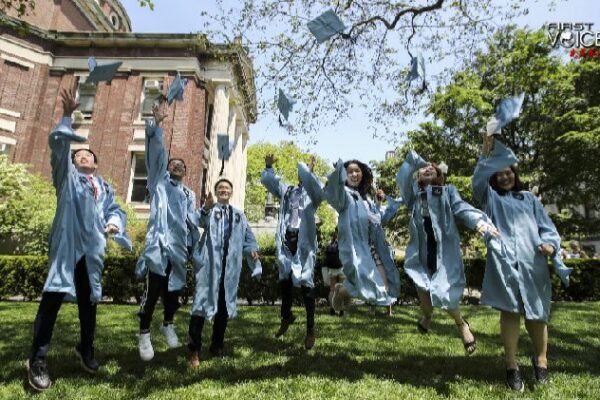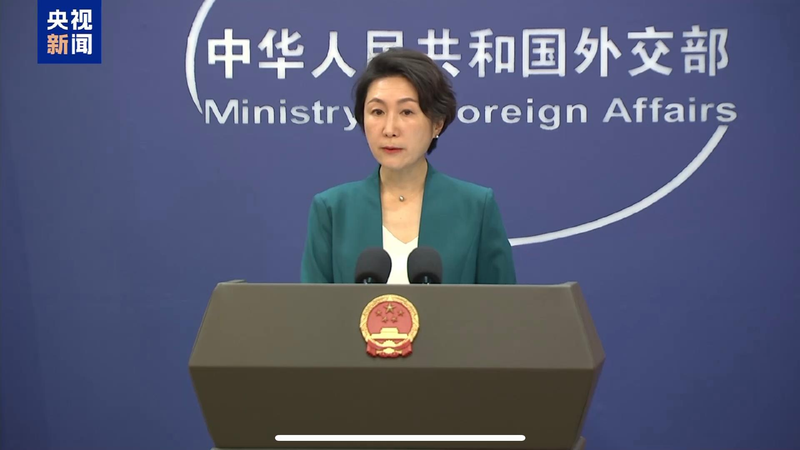A recent move by U.S. lawmakers to restrict Chinese nationals from obtaining student visas has raised concerns about its potential impact on innovation and international relations. The proposed legislation aims to prevent Chinese students from studying or participating in exchange programs in the United States, citing national security concerns.
However, experts warn that such measures could harm the very industries the U.S. seeks to protect. Chinese students and scholars have played a significant role in advancing the U.S. technology sector, particularly in fields like artificial intelligence (AI) and semiconductor research. According to a study by a prominent think tank, the percentage of top-tier AI researchers in U.S. institutions with Chinese undergraduate degrees increased from 27% to 38% between 2019 and 2022.
“The data shows just how critical Chinese-born researchers are to the United States for AI competitiveness,” said Matt Sheehan, a fellow at the Carnegie Endowment for International Peace.
The semiconductor industry, too, benefits from the contributions of Chinese-born academics. Pioneers such as Zhou Wenjun, who developed programmable read-only memory, and Fei-Fei Li, co-director of Stanford’s Human-Centered AI Institute, have significantly advanced U.S. technological capabilities.
Beyond the tech industry, U.S. universities could face financial challenges due to the proposed ban. International students contributed $43.8 billion to the U.S. economy in recent years, with Chinese students alone accounting for $14.3 billion. Limiting their access could strain university budgets and lead to cuts in programs that rely heavily on international tuition fees.
Moreover, restricting educational exchanges may worsen mutual perceptions between the U.S. and China. Face-to-face interactions foster understanding and break down cultural barriers. Without these exchanges, misconceptions can grow, potentially escalating tensions between the two nations.
While some policymakers advocate for stricter measures, others caution against the repercussions. “Shutting the door on Chinese students doesn’t just betray our values—it weakens our leadership in science, technology, and innovation,” explained Gary Locke, former U.S. ambassador to China.
Openness and collaboration have historically benefited the U.S., promoting prosperity and scientific advancement. As debates continue, it remains crucial to consider the long-term effects of isolationist policies on both innovation and diplomacy.
Reference(s):
cgtn.com








